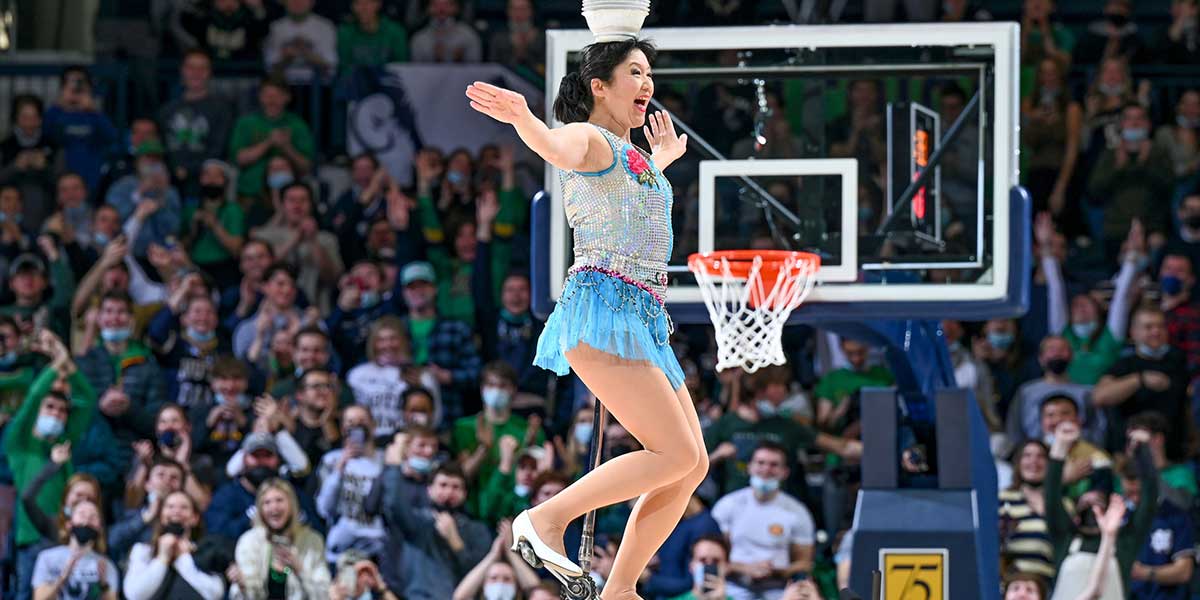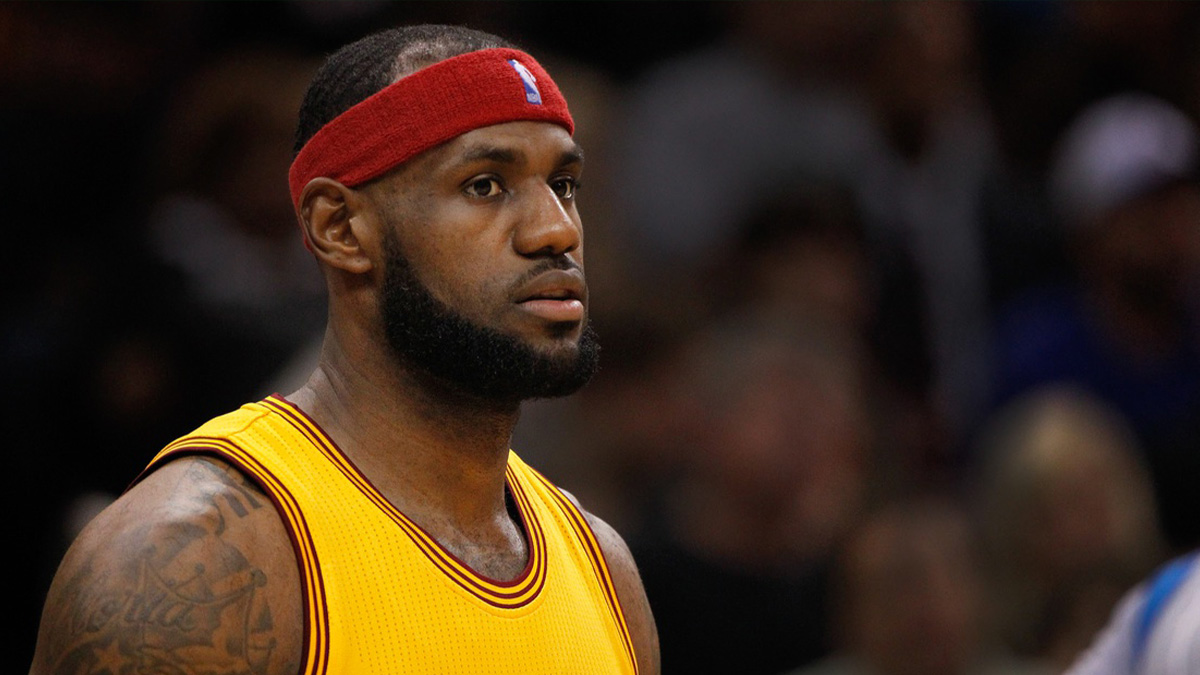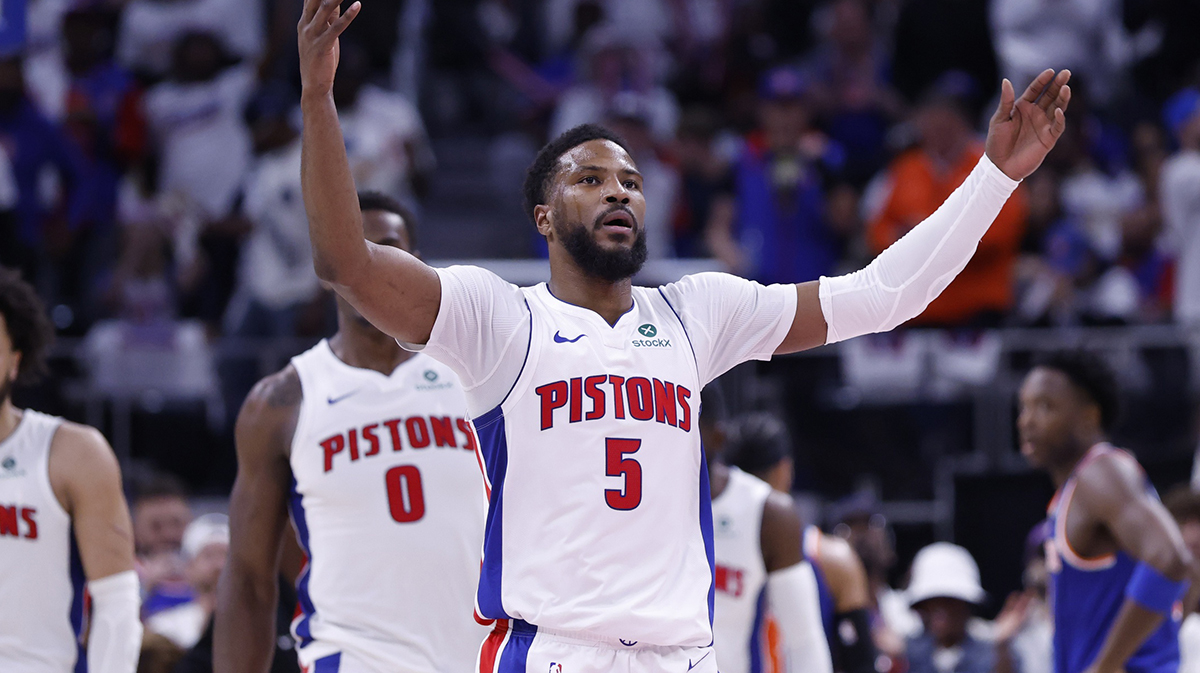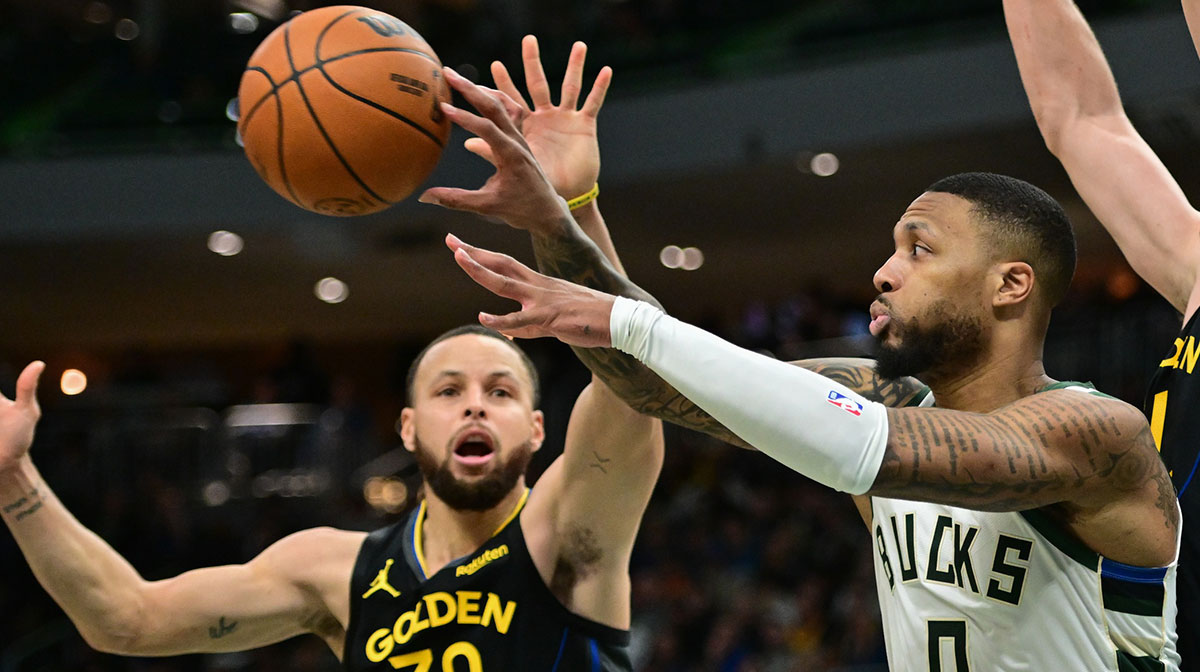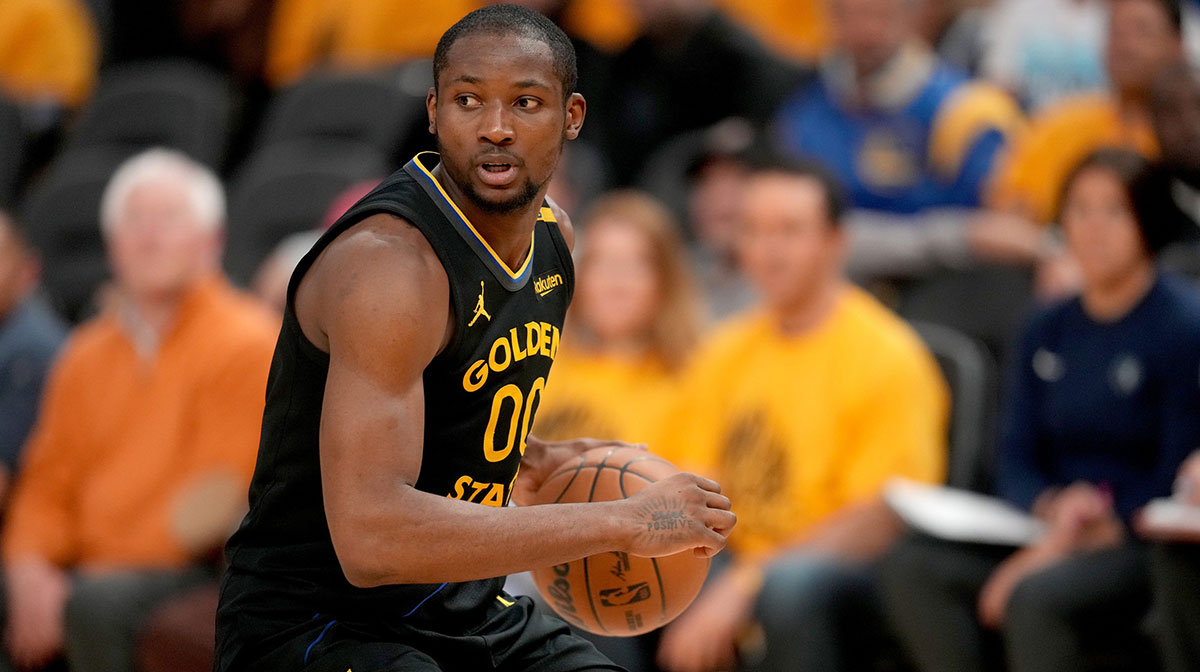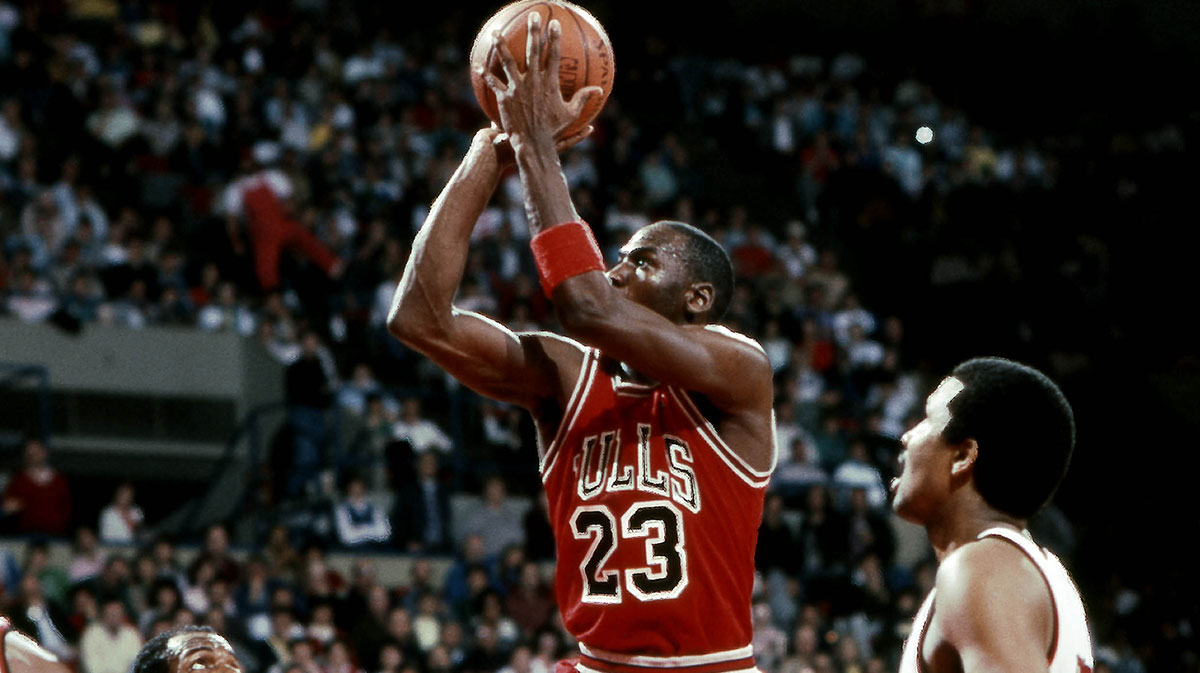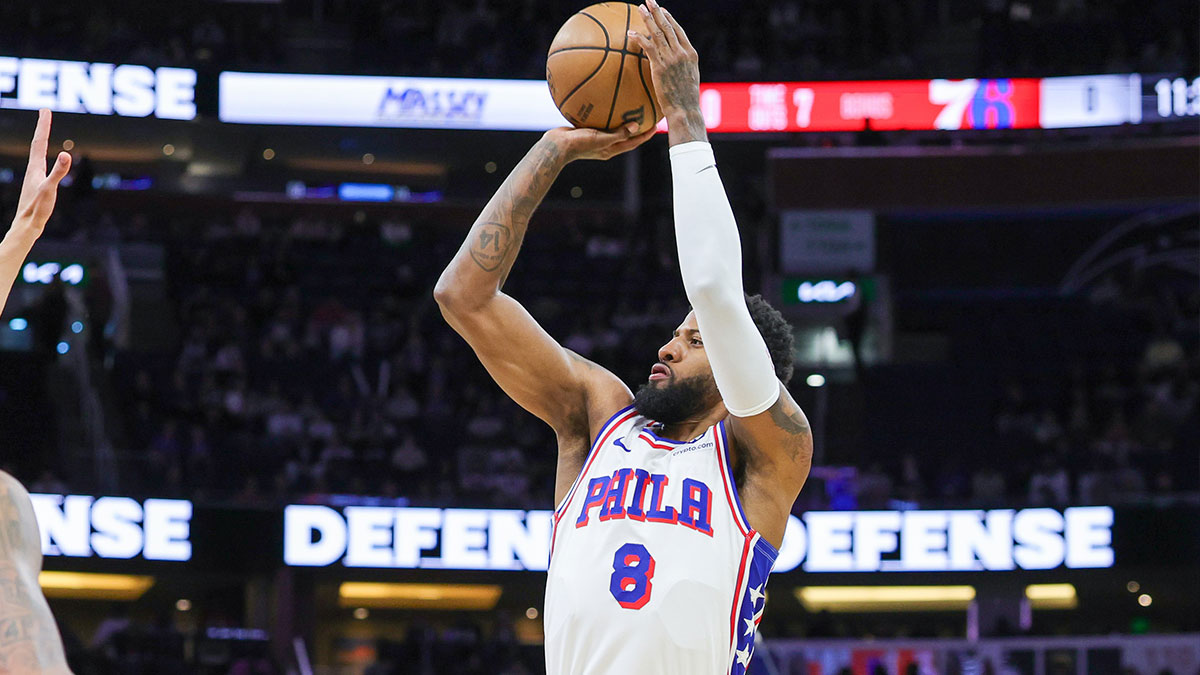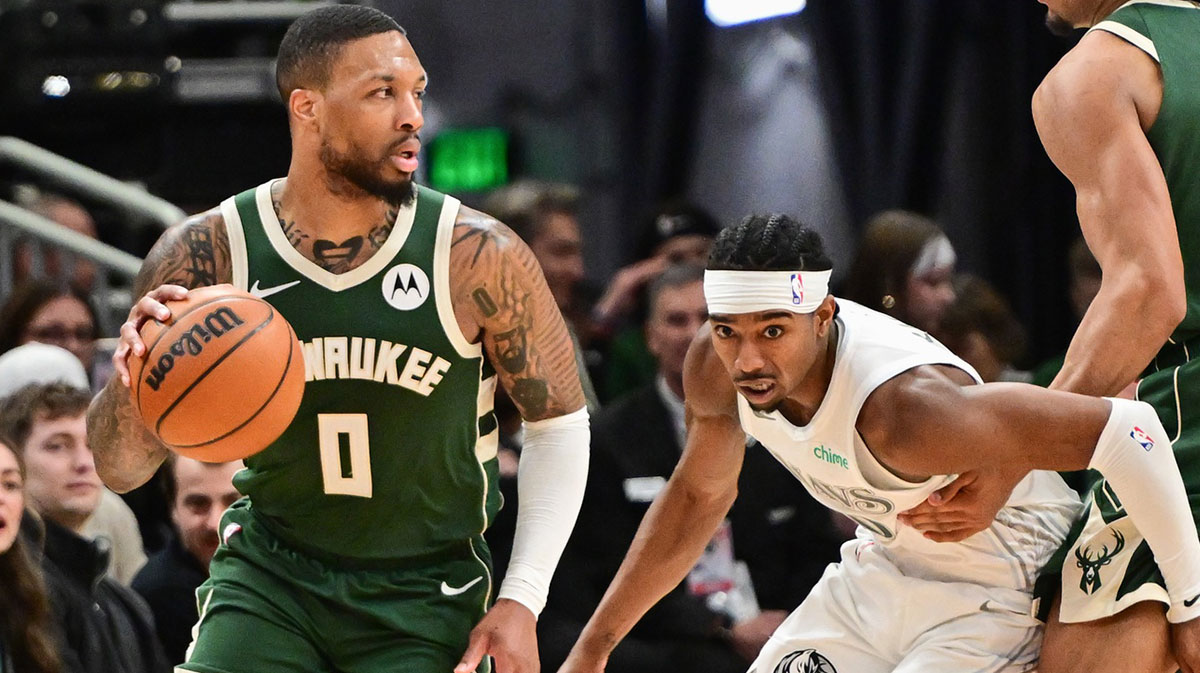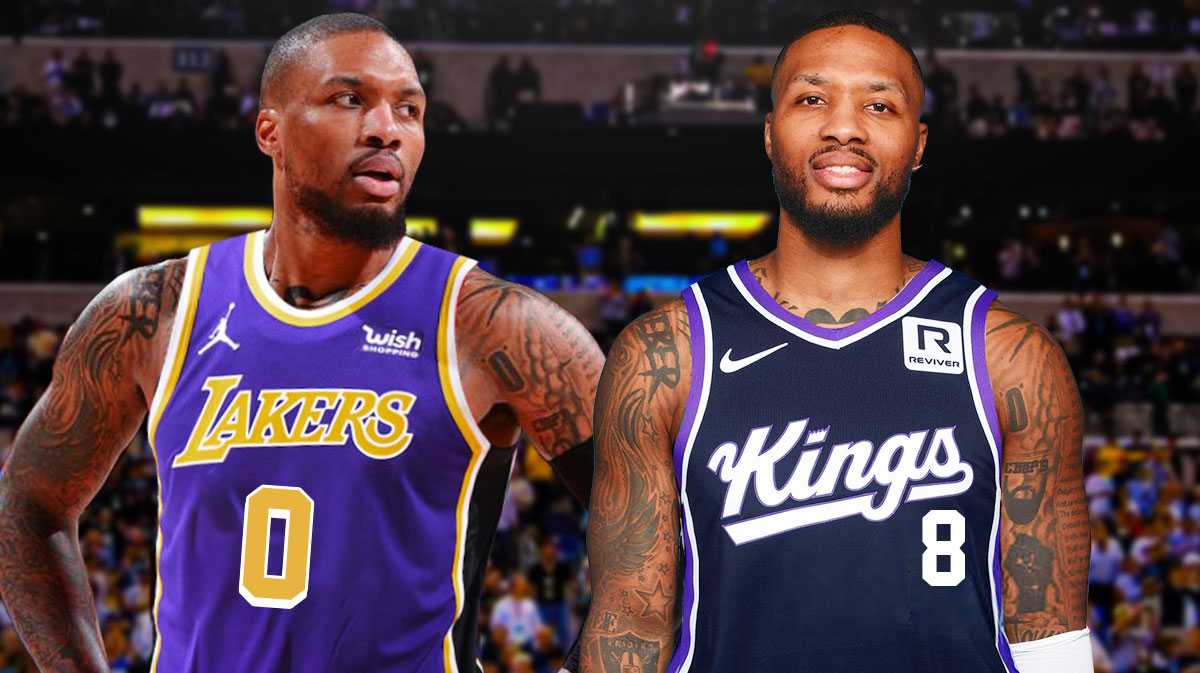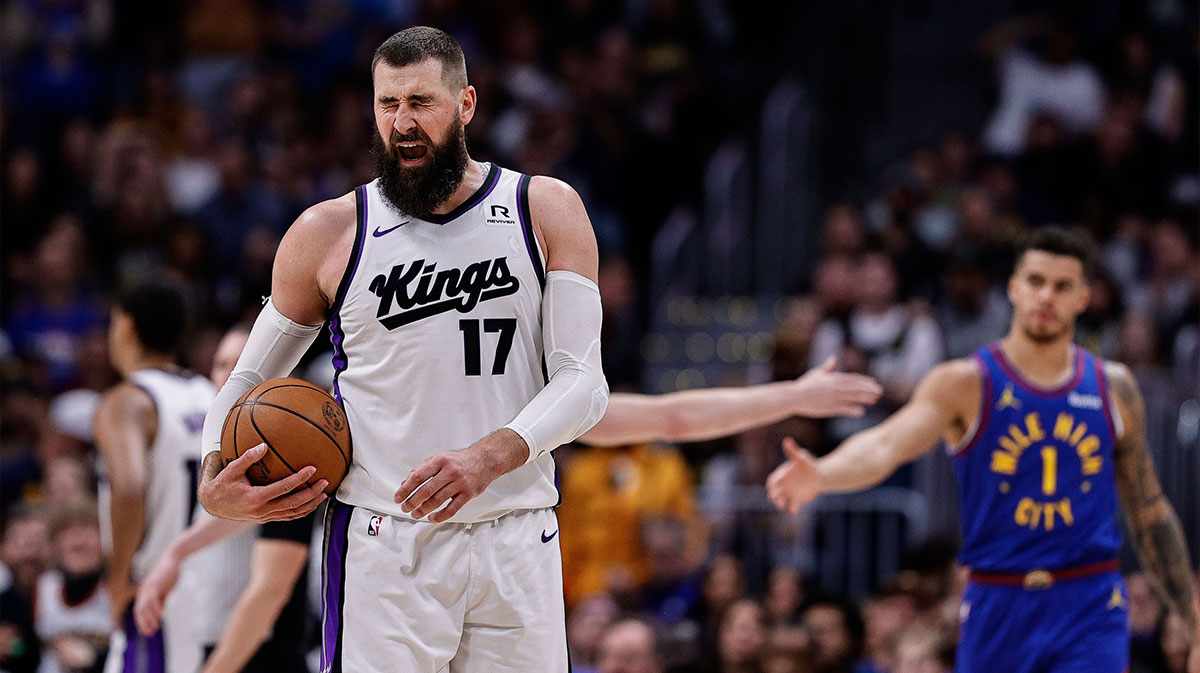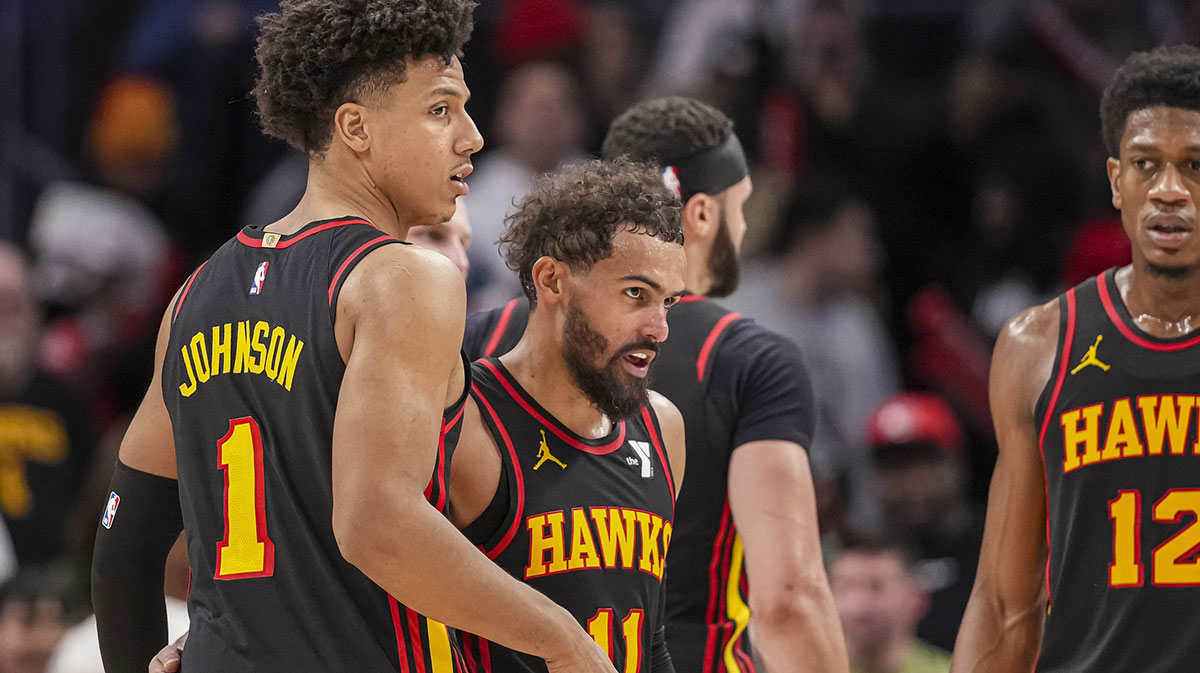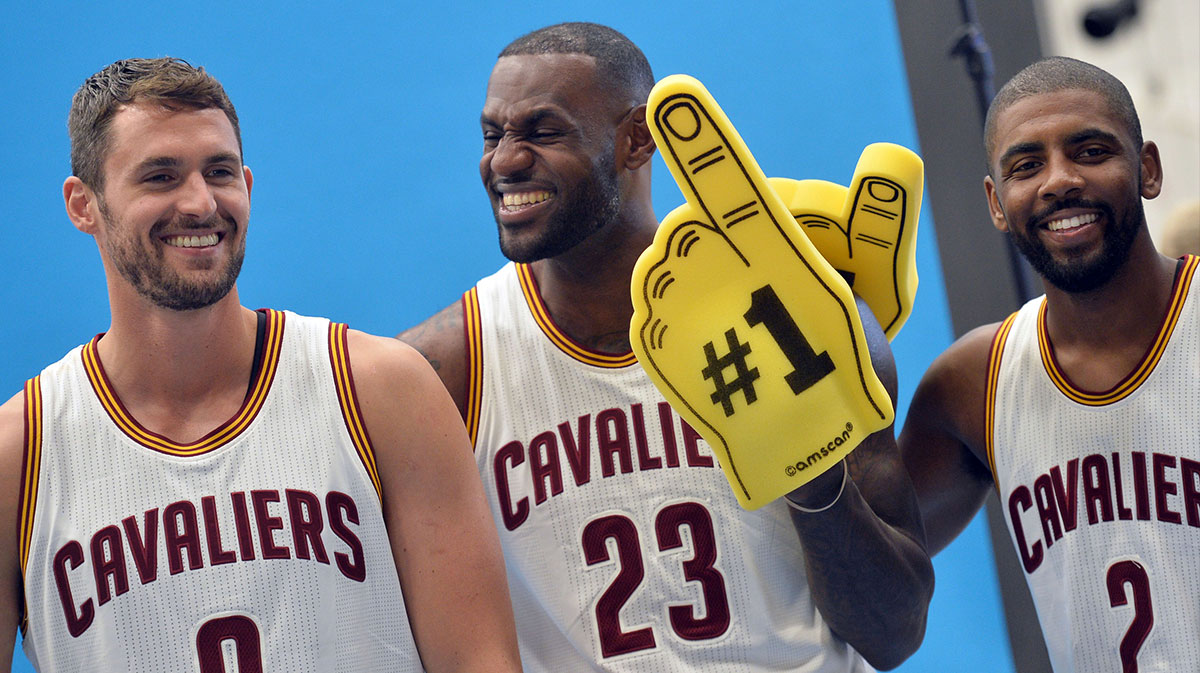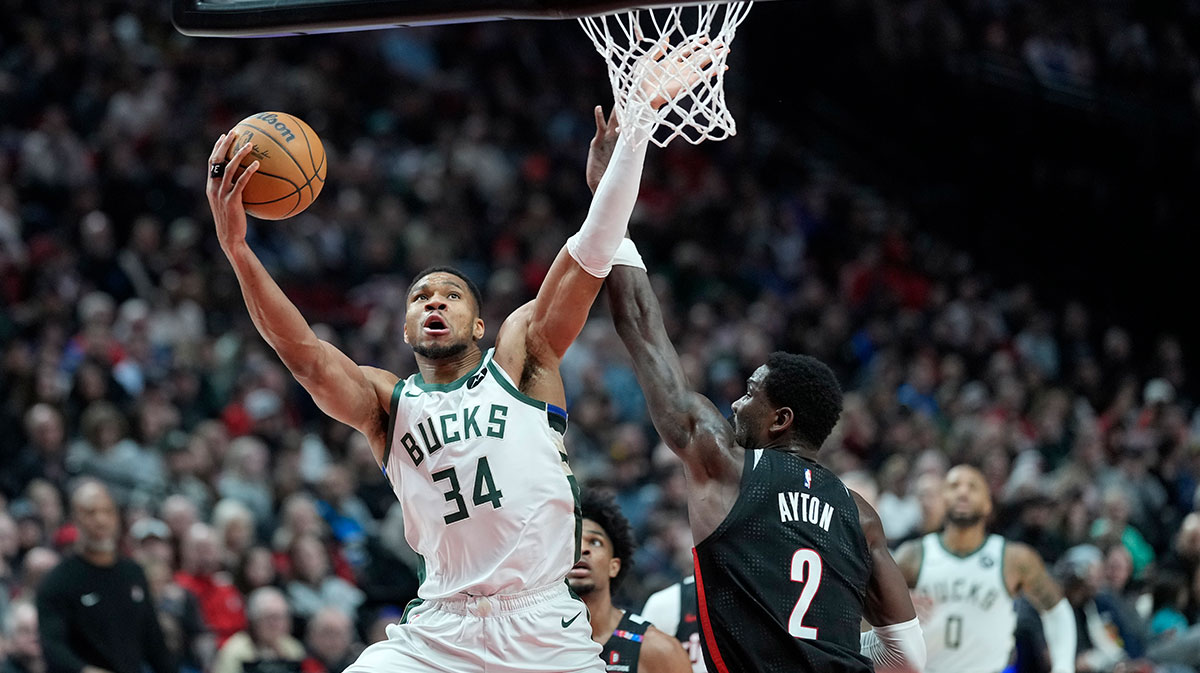The slew of NBA moves in the past few weeks will have ripple effects in the upcoming season and beyond. But not all agree with how those moves were made. Golden State Warriors head coach Steve Kerr recently made a splash by saying that trade demands, which were how both Anthony Davis and Paul George ended up in LA, are bad for the league:
“I'm talking more about the Anthony Davis situation. Where a guy is perfectly healthy and has a couple years left on his deal and says, ‘I want to leave.' That's a real problem that the league has to address and that the players have to be careful with.
“When you sign on that dotted line, you owe your effort and your play to that team, to that city, to the fans. And then [once the contract runs out] it's completely your right to leave as a free agent. But if you sign the contract, then you should be bound to that contract.
Kerr's comments, made on the Warriors Insider Podcast, were instantly met with backlash. Kendrick Perkins, a former NBA player and current ESPN analyst, ripped off a series of Tweets criticizing Kerr and the notion that trade demands could be bad for the NBA.
Steve Kerr got his got damn nerves to talk about anything that’s going on with any other organization, as if he just didn’t have Kevin Durant join a 73-9 team! BTW @SteveKerr Mark Jackson built that dynasty in GS!!! The Nerve of him!
— Kendrick Perkins (@KendrickPerkins) July 24, 2019
AD had just as much as of obligation as the team, the team traded every 1st round pick they had , surrounded him with mediocre talent consistently, but you rather him be stuck there. He actually did them a favor and allowed the team to hit the reset button and retain assets!
— Kendrick Perkins (@KendrickPerkins) July 24, 2019
The NBA is a players' league. It's driven by its stars, who get arguably more attention than star players in any other sport. These stars have had increasingly more power over the years, and demanding trades out of their contracts is just one of the many manifestations of their wide-ranging impact.
There's an ongoing debate as to who should hold the power in the league: players or teams. People like Kerr are on the side that teams should have all the power. People like Perkins hold the belief that players should have equal power. Let's analyze Kerr's argument and see the influence that trade demands have on the NBA.
Trade Demands: Good for the NBA
First, let's clarify: the trade demands Kerr talked about are when a star player demands a trade when they're currently under contract and the feeling is not mutual. This does not apply to when a player talks to management, and they mutually agree to part ways. Kerr cited that, as well as free agency, as viable ways for players to leave an organization.
That being said, the argument that trade demands are good for the NBA stems from the belief that players should have an equal amount of power as teams. Many argue that since teams don't have to honor players' contracts, so why should players? Teams have the ability to trade players whenever they please.
One prime example is Blake Griffin's exit from the Los Angeles Clippers in 2018. The Clippers had just pitched to him in free agency that he could be a “Clipper for life.” Griffin was enticed by the idea and re-signed with the team that summer. However, just seven months later, the Clippers traded Griffin to the Detroit Pistons. If teams have the ability to be disloyal and dishonor contracts, then players should, likewise, have that ability as well.
Kerr specifically brought up Anthony Davis' situation. Davis, a six-time All-Star, had spent seven years playing for the New Orleans Pelicans, who have only been past the first round the playoffs once in Davis' tenure. Unhappy and unfulfilled, Davis requested a trade in the middle of last season. He notified the team that he would not sign a contract extension and would like to pursue his goal of winning a championship.
The Pelicans chose not to deal him at the trade deadline and hung on to their disgruntled star player. They did, though, choose to bench him at times in the second half of the season, not wanting to decrease his trade value with an injury.
Then in June, the Pelicans ended up trading Davis to the Los Angeles Lakers for an enormous haul of players and draft picks. Had Davis not made his intentions clear, the Pelicans' organization would be left in shambles. But because they knew of his desire to leave, they were able to get a king's ransom for him and jumpstart their rebuilding process.
While trade demands can come across as selfish for the star player to want to leave, it can help both the player and the team to get what they want. Teams want to chase championships. And so do players.
If teams are allowed to build their title-contending team by whatever means necessary, shouldn't players also be allowed to pursue championships by whatever means necessary? The media and fans often compare all-time greats by how many rings they have. And in doing so, they have inadvertently created a culture where players do whatever they can to win a ring.
Even if that means requesting a trade.
Trade Demands: Bad for the NBA
When Kerr noted that trade demands were bad for the league, he was not speaking from an entertainment standpoint. From a fan perspective, it's interesting to watch stars hop from team to team, constantly shifting the NBA scenery. And it's entrancing to follow this NBA soap opera every summer.
But from a team standpoint, players dishonoring their contracts is not something that the league should want. It creates a culture of self-centeredness and a “looking out for number one” mentality in star players. When they pursue championships at all costs, such as demanding a trade, it hurts the franchise they play for as well as their fans.
A team has the power to trade a player at any time; this is true. But when GM's do so, they do it with the betterment of the team, as a whole, in mind. They do it with the intention of bettering the team's chances at a championship. When a star player decides to leave, on his own and still within his contract, it dismantles the team, disheartens their fans, and overall worsens the team as a whole. They do what's best for themselves, yes, but they harm their own team that invested in them.
NBA commissioner Adam Silver, like Steve Kerr, noted that the recent onslaught of trade demands are “disheartening.” In addition to Davis, another prime example from this summer is Paul George.
George, last season, committed to the Oklahoma City Thunder by re-signing on a four-year, $137 million deal. But a few weeks ago, when Kawhi Leonard wanted to team up with him on the Clippers, George immediately demanded a trade and forced his way to Los Angeles.
Of course a team can choose not to honor a trade request. But then you have the new problem of having a disgruntled star on your team, causing chemistry issues in both the locker room and on the court. OKC chose not to go that route.
George was traded to LA, and the Thunder received a hefty package in return. But George's departure sent the OKC reeling, from hunting for a top seed in the Western Conference quickly to rebuilding mode. A Russell Westbrook trade soon followed as a result, and suddenly, a solid OKC core with two All-Stars had been dismantled because of one player's unexpected desire to play with someone else.
The OKC franchise, and its fans, have a right to feel betrayed. George had just committed to them last summer, only to renege on his word and bolt for greener pastures.
This is the kind of impact that Steve Kerr was talking about. The NBA should want to avoid a selfish, player-first culture. Yes, teams can trade players at any time. But the stars in this league shouldn't have the power to leave their franchises in crumbles in a split-second, especially after they throw the bank at them.
At the end of the day, there are well-constructed arguments for both sides, and the ongoing power struggle between players and teams has no end in sight. And while there's a lot to unpack in Kerr's controversial statements, he has a point.
There may be a double standard when it comes to honoring contracts. But if stars have equal power and can demand trades at any time, the very idea of a “team” starts to go out the window. Players can leave within the rules of the league, but when players are able to leave on a whim, the culture of the star-driven NBA starts to change.
It feels counterintuitive, since we gravitate towards equality in many other areas of life. But here, equal power among players and teams offsets a system set in place for the good of franchises and for the good of the league.
When that balance starts to shift, you start to have individuals looking out for themselves constantly, even if that means leaving their teammates, their organization, and their fans to pick up the pieces. It's a players' league, and that's a good thing and not likely to change. But stars should at least have some sort of standard to hold to.
So that a team doesn't just throw $137 million into the wind, and have the whole course of their franchise altered on a whim because of it.

